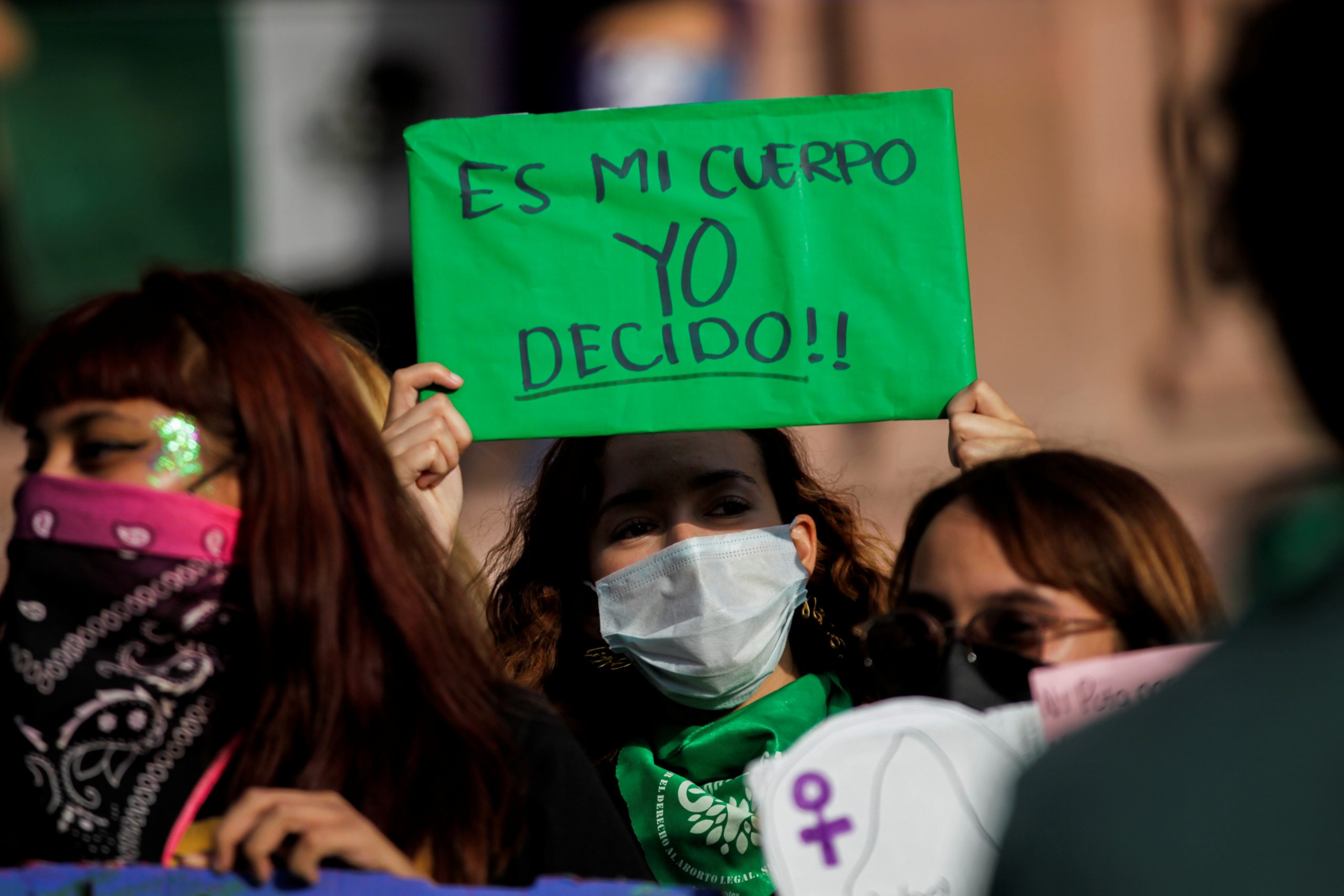
Megan Udinski, FISM News
[elfsight_social_share_buttons id=”1″]
Many women in Mexico celebrated on Tuesday, September 7, when the Supreme Court ruled to decriminalize abortions under the guise of “constitutionality” and “women’s health”.
Feminist groups such as the Information Group on Reproductive Choice (GIRE) and Las Libres cheered on the judges. Many women wore green to represent their support for the pro-choice movement. Karla Cihuatl, a demonstrator who belongs to the organization Frente Feministat de Saltillo exclaimed, “We’re very happy that abortion has been decriminalized, and now we want it to be legal.” This statement voiced the hope of those in the pro-choice camp, and the fear of those who are pro-life.
Those who are saddened by the court’s decision, showed up with signs signaling that they were praying for the little ones that will be affected by this change in law.
With over 98,000,000 Catholics, Mexico reigns as the second most Roman Catholic country in the world. The Mexican Supreme Court ruling came as a shock to many who still hold to the Catholic Church’s position on the sanctity of human life in the womb. The Catechism of the Catholic Church states, “Since the first century the Church has affirmed the moral evil of every procured abortion. This teaching has not changed and remains unchangeable.”
Due to the unanimous vote, the ruling became a country-wide precedent rather than a judgement that only pertained to the specific state in question, Coahuila. This watershed decision does not actually legalize abortion, but it does have many legal implications such as the potential to release women in jail for receiving an abortion and the precedent that could lead to the legalizing of abortion in all 32 states. Presently, only four states, Mexico City, Oaxaca, Veracruz and Hidalgo, have legalized abortion while the remaining 28 continue to have laws that penalize anyone who obtains or aids in performing an abortion.
This movement of liberalism in Mexico starkly contrasts the direction their neighbors to the north are moving. In Texas it is the abortion lobbyists who are upset about the laws being passed and not the pro-life advocates. FISM previously reported on the Heartbeat Act which went into effect on September 1. This law aims to protect babies from being aborted after a heartbeat is detected, usually around six weeks protecting approximately 85% of the pregnancies that are typically ended by abortion in the state of Texas. After the Mexican Supreme Court’s decision, many are making the claim that women in Texas will now travel south of the border to receive abortions, calling Mexico more progressive than the United States.
In the matters of life and death, one must choose a side and Mexico has made it very clear the path they will take if their laws continue to move in this direction.
